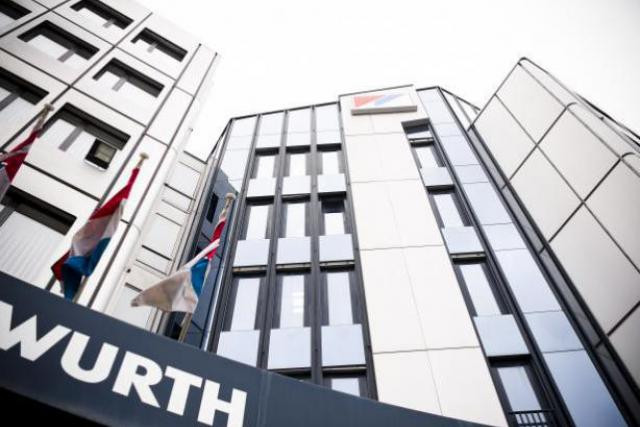The Luxemburger Wort first reported that Paul Wurth had confirmed that negotiations were ongoing, but the company didn’t want to comment further. Founded in 1870, steel industry equipment maker Paul Wurth has more than 1,700 employees in 20 countries, including around 500 in Luxembourg.
The other 59.1% of the business is owned by German SMS Group, which it bought from ArcelorMittal and Luxempart in 2012. It is now looking to become the sole owner of the company.
Labour union LCGB spoke out against the Luxembourg steel industry company, which has a 150-year history in the grand duchy, becoming wholly foreign-owned. “In addition, SMS Group faces a major restructuring,” the union said in a statement, warning of job losses in Luxembourg.
SMS Group could slash 1,200 of its 4,000 jobs in Germany alone as a result of cost-cutting measures caused by a decline in business. In a letter to staff, the company said it needs to make annual savings worth €100m.
The LCGB, which represents the majority union of staff at the company, has requested an urgent meeting with the economy and finance ministries, it said on Thursday. “Each partner, and especially the state, must now assume its responsibilities to guarantee unconditional support for job retention.”
The state’s involvement in the company comprises a 10.98% direct stake, with 10.98% owned indirectly via the Spuerkeess and another 18.84% owned by public lender, the Société national de credit et d’investissement (SNCI)
In January, MP Laurent Mosar (CSV) had asked the economy and finance ministries about rumours that the Spuerkeess and SNCI were planning to sell their shares in a company active in the construction of furnaces, coke ovens and equipment for the iron and steel sector. Without naming Paul Wurth, the ministers replied that the situation in the sector in which the company is active had changed since the state intervened in 2008.
Franz Fayot (LSAP) and Pierre Gramegna (DP) did not confirm plans to exit the company, but said only that state investments were continously being analysed and that the government was in talks with shareholders to support a transition towards more environmentally friendly technologies.
